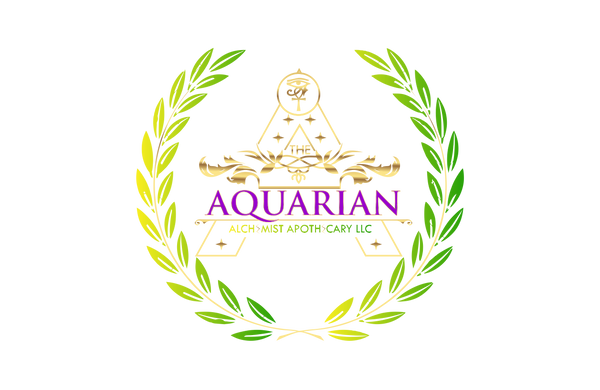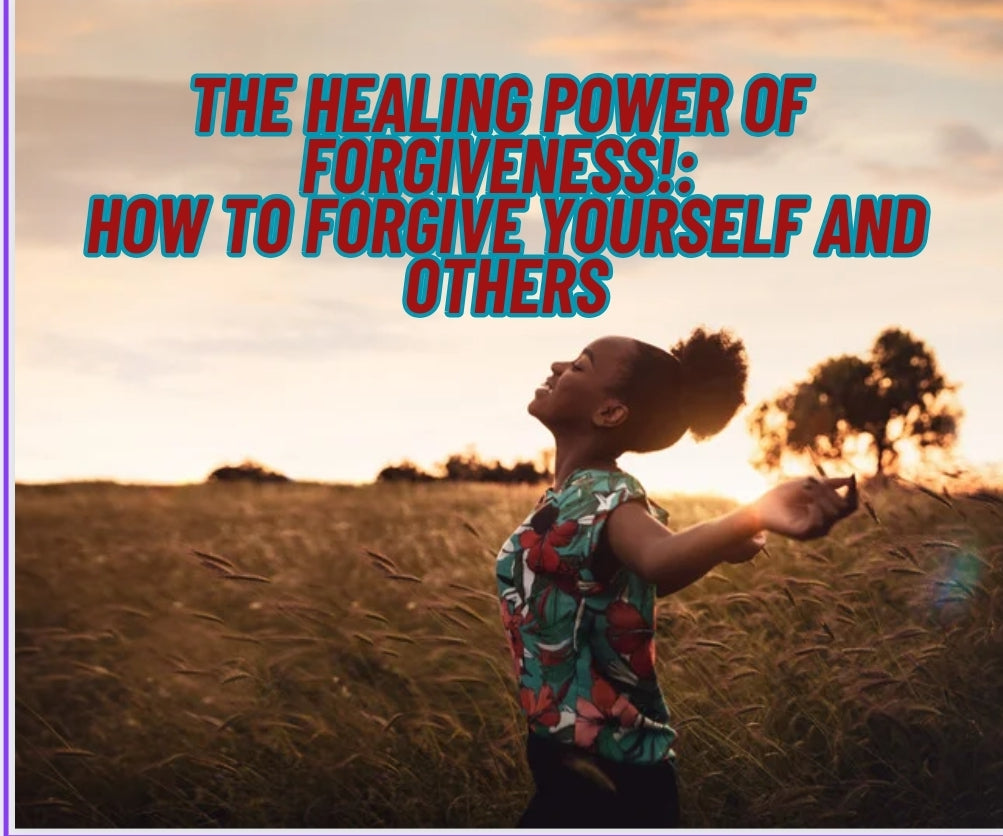Forgiveness is a profound act of healing and transformation. It holds the power to mend broken relationships, release the weight of resentment, and set us free from the chains of the past. In this blog, we will explore the art of forgiveness, both towards others and ourselves. Whether you're holding onto grudges or struggling with self-acceptance, these steps will guide you toward a more peaceful, fulfilled life. Each step you take towards forgiving, you become a step closer being whole again. Even in knowing all of this it doesn't negate the truth that sometimes forgiving someone or yourself; especially for actions that have altered the course of your life is not easy nor fair. However, we must keep going and not allow the shackles of the pain from our past to keep us from living our best life. Forgiveness is a vital part of healing, and just like healing from grief or addiction there are also steps you can take to make the process easier, let's begin here.
**1. Understand the Importance of Forgiveness**
Before we delve into the "how," it's crucial to recognize why forgiveness is so important. Forgiveness offers you the chance to let go of negative emotions, create healthier relationships, and pave the way for personal growth. It's a gift you give yourself.
**2. Reflect on Your Feelings**
To forgive, you must first acknowledge your emotions. Whether you're upset with someone else or battling self-blame, taking time to reflect on your feelings is essential. Identify the source of your pain, anger, or guilt. Write it down if it helps.
**3. Empathize with the Other Person**
Empathy is a powerful tool for forgiving others. Try to understand their perspective and the circumstances that might have led to their actions. This doesn't justify their behavior but helps you find compassion and a path toward forgiveness.
**4. Communicate Your Feelings**
Communication is key in mending relationships. If you're forgiving someone else, have an open and honest conversation. Express your emotions and let them know how their actions affected you. Conversely, if you're forgiving yourself, acknowledge your mistakes and understand the lessons learned.
**5. Release Resentment**
Forgiveness means letting go of resentment. Holding onto grudges only prolongs your suffering. Remember that forgiveness is not about condoning hurtful actions but about freeing yourself from their grip.
**6. Practice Self-Compassion**
Self-forgiveness is often more challenging than forgiving others. Recognize that you're human, and humans make mistakes. Treat yourself with kindness, as you would a friend. Embrace self-compassion as a crucial step toward self-forgiveness.
**7. Learn and Grow**
Forgiveness is not just about moving on; it's about growth. Use the experience to become a better person. What lessons have you learned? How can you prevent similar pain in the future?
**8. Set Boundaries**
If forgiving someone who has hurt you in the past, it's essential to establish boundaries. Forgiveness doesn't mean returning to a harmful relationship. Set clear boundaries to protect yourself from further harm.
**9. Be Patient**
Forgiveness is a process, not an event. It may take time to fully forgive, especially in cases of deep emotional wounds. Be patient with yourself as you heal.
**10. Practice Mindfulness**
Mindfulness can help you stay present and avoid dwelling on the past. By living in the moment, you can embrace forgiveness and move forward with a positive outlook.
Conclusion
Forgiveness is a gift you give yourself, a path to healing, and a way to create healthier, more fulfilling relationships. By understanding its importance, acknowledging your feelings, empathizing with others, and practicing self-compassion, you can begin the transformative journey of forgiving both yourself and others. Remember, forgiveness is a process, and with time, patience, and self-reflection, you can find peace and freedom from the burdens of the past.


